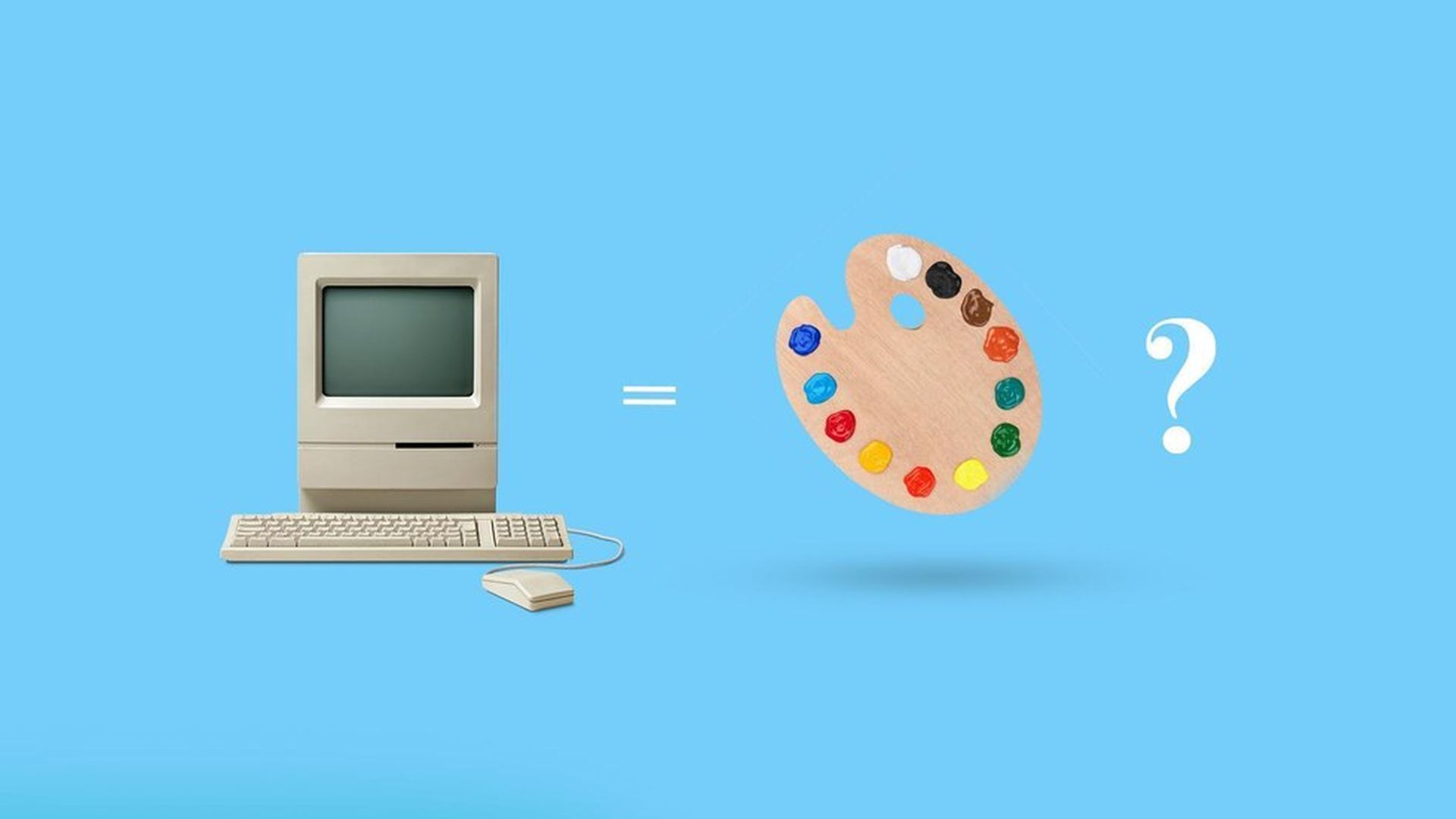Jun 1, 2017 - Technology
Expert VoicesThe next great test for computers: creativity
Add Axios as your preferred source to
see more of our stories on Google.

Rebecca Zisser / Axios
Add Axios as your preferred source to
see more of our stories on Google.

Rebecca Zisser / Axios